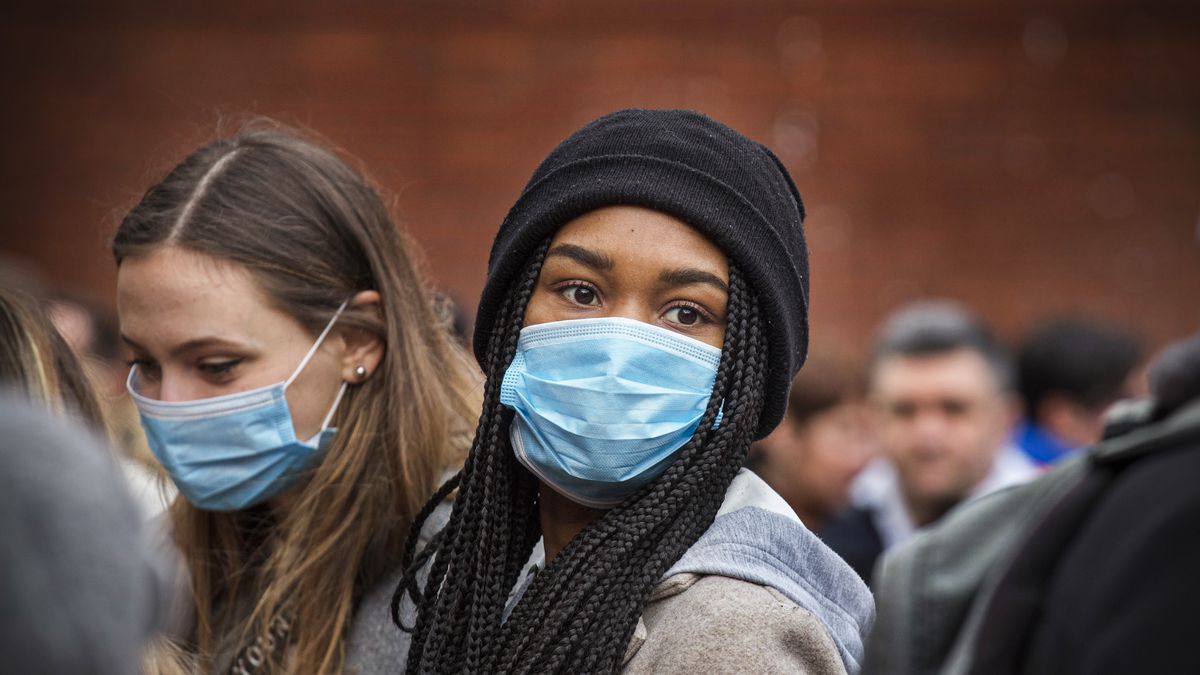Novel coronavirus (now officially named 2019-nCo) is continuing to shake up China’s supply chain. According to the World Health Organization (WHO), as of 17 February 2020 there have been 71,329 confirmed cases in 26 countries – with by far the majority (70,635) in China. The death toll is 1,775. China-based analysts are raising concerns the outbreak will disrupt supplies of apparel to major international fashion brands. Restrictions on movement imposed by the government have impeded operations of manufacturers in provinces that are a key part of Chinese output: Jiangsu, Zhejiang, Guangdong and Shaoxing.
Major clothing brands including Under Armour, PVH Corp and Ralph Lauren have had to temporarily close stores in China as a result of the virus, while four textile factories in Cambodia may be forced to stand down operations due to raw material supply interruptions. Denim trade show Kingpins has also cancelled its upcoming Hong Kong show on the back of health concerns and travel restrictions surrounding the outbreak.
Meanwhile, the publication of December’s US apparel import data gives a clearer picture of supplier country shifts for the whole of 2019. During the year the volume of US apparel imports slipped 0.34%, with a 5% drop in shipments from largest supplier China as long-standing rivals Vietnam and Bangladesh both recorded growths.
The data shows China’s share of US apparel imports has dropped for the first time since 2016, suggesting companies are continuing to diversify their sourcing away from China even though it remains the cheapest of the top-10 supplier countries. The country’s per-unit cost for clothing fell 4.6% during 2019, to US$2.24 per square meter equivalent (SME), compared with $2.35 a year earlier.
In Cambodia, the European Commission has partially withdrawn the country’s preferential access to the EU market, in a move that means from mid-August it will be charged duties on some garment and footwear products and all travel goods at the WTO’s Most Favored Nation (MFN) rate. The withdrawal amounts to around one-fifth or EUR1bn (US$1.09bn) of Cambodia’s annual exports to the EU and will be effective from 12 August.
The UK Government is preparing its first independent tariff policy since leaving the European Union (EU), which it plans to enforce in January 2021, applying to goods from countries where no other trade arrangement is in place. The UK Global Tariff (UKGT) policy will replace the EU’s Common External Tariff and will be tailored to the UK economy, reflecting “UK interests and its free trade ambitions”.
Exports to the European Union (EU) from developing countries using special tariff preferences under the Generalised Scheme of Preferences (GSP) reached a new high in 2018, a new biennial report shows, with clothing making up the bulk.
Fashion company Ralph Lauren Corporation has successfully piloted a new fast track model that has seen it execute a sweatshirt from design to delivery in just 16 days. Emphasizing the exercise was an experiment, the company says it expects the model to be “a growing part of our supply chain as we continue our progress toward our three, six- and nine-month lead time targets”.
And the Ethical Trading Initiative (ETI) has published what it believes is the first-ever free, open-source guide for businesses on how to write a robust Modern Slavery Statement. The new resource is the online version of ETI’s 2018 Modern Slavery Statement Framework, a clear quality standard for modern slavery statements that offers a structured, step-by-step guide for businesses on how to write their statement as well as a tool to evaluate a statement’s strengths and weaknesses.
Having worked in the cotton industry for many years, Robert Antoshak, managing director at Olah Inc, says one of the things he has noticed about clothing brands is that when pressed on sustainable production they almost always blame cotton for their woes.
The British Retail Consortium (BRC) has issued new guidelines to help retailers and brands source vegan fashion products, setting out steps and questions to ask both internally and of suppliers when purchasing products that claim to be free from animal-derived materials.
In other news …Mexico is launching Latin America’s second Fashion Transparency Index; the Better Factories Cambodia programme has been extended for a further three years; the US has begun negotiations with Kenya for a potential trade agreement; and JD Sports has slammed the Foot asylum merger findings as “flawed”. (https://www.just-style.com/the-just-style-blog/apparel-supply-concerns-hit-as-coronavirus-impact-builds_id2616.aspx)






































